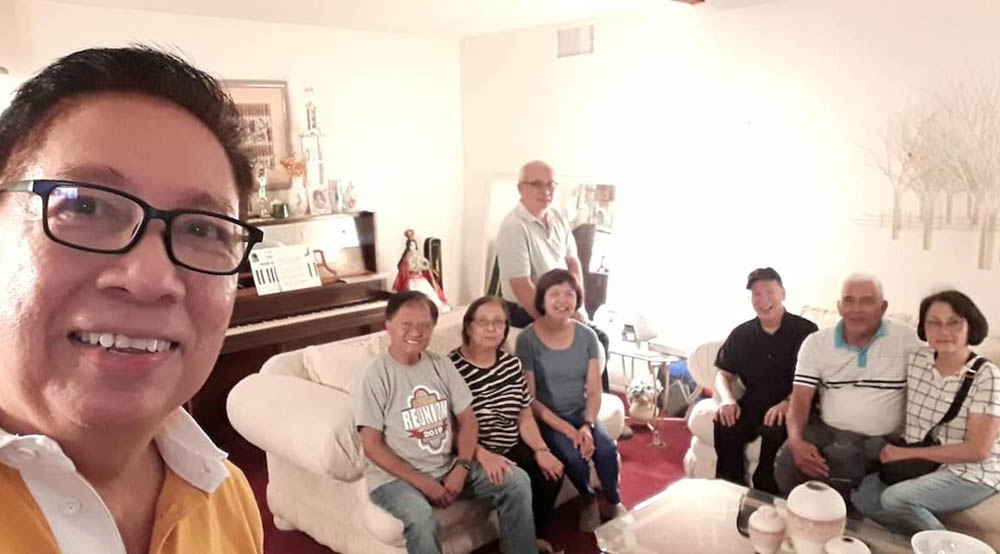Money talks a lot
 By Farah G. Decano
By Farah G. Decano
WHEN I first ran for Councilor in 2001, some concerned relatives informed me that this political exercise was also a competition among angkans or clans. Those who were “mabuleg” or have a lot of kin members were more likely to win. Candidates must not only get their relatives to their side but must also win the favor of other kinsfolk.
Also before the turn of the century, those who sought one-on-one positions carefully strategized their plans in order to win the “kalooban” or the disposition of the leaders of every clan. The aspirants usually paid several courtesy visits to the heads of families or villages, brought along with them modest gifts, and talked about the concerns of their community. Sometimes, the candidates immediately offered to solve neighborhood issues such as the need for clean water by installing water pumps, or they offered to help curb rising criminal incidents during nighttime by putting up street lights. As regards those matters that could not be addressed as soon as possible such as employment of the leaders’ family members or the building of schools, the aspirants usually promised solutions after their victory. They plead to the heads of clans or villages saying, “utangen mila’y maung ya linawa so masagradon botos yo.” The political hopefuls will consider it as a debt of goodwill should they get the sacred votes of the community or clan members.
I guess, it is no longer true anymore that elections are about having more relatives or more clans. Nowadays, those who have more funds are likely to win even if the candidates have very few or no relatives in the jurisdiction of the positions being sought. Don’t we have politicians in some jurisdictions whose names were never heard of until they pop out from nowhere flaunting their most important non-qualification – having lots of funds? Take the example of the filthy rich Alice Guo. She was an unknown when she was suddenly elected as mayor of Bamban in 2022.
Let us face it. Lots of money can truly catapult an anonymous person to celebrity status. It can buy airtime on television and radio, purchase public relations services, digital warriors, and buyable journalists, and vloggers. If one’s pot of gold, so to speak, is overflowing, then it is easy to persuade voters about his or her probable capacity to solve issues.
Possession of wealth in offensive amounts is not per se evil. What is vile is the use of wealth to degrade and insult the dignity of the voters by tempting them to give up their “masagrados ya botos”. The almost stately visits to leaders of villages or clans in order to court votes have been debased into meetings regarding the number of buyable voters. By purchasing votes, these unethical political aspirants exploit the poverty of some and whet their constituents’ appetite for money. Incurring utang na loob which spurs politicians to perform well has been eliminated. Vote-buying and vote-selling have become the new tradition.
What inspires some politicians to make good is the presence of present and potential opposition who are also well-funded. When all politicians are rich, the voters who are for sale will ignore the money, and look into other considerations such as performance of the candidates.
Imagine our country with the sitting politicians having no wealthy rivals? Kakaining buhay ang mga karibal na walang pera. I still pray for the rise of another wealthy bloc – those who are progressive and creative enough to impel another election tradition – that of honor in politics.







